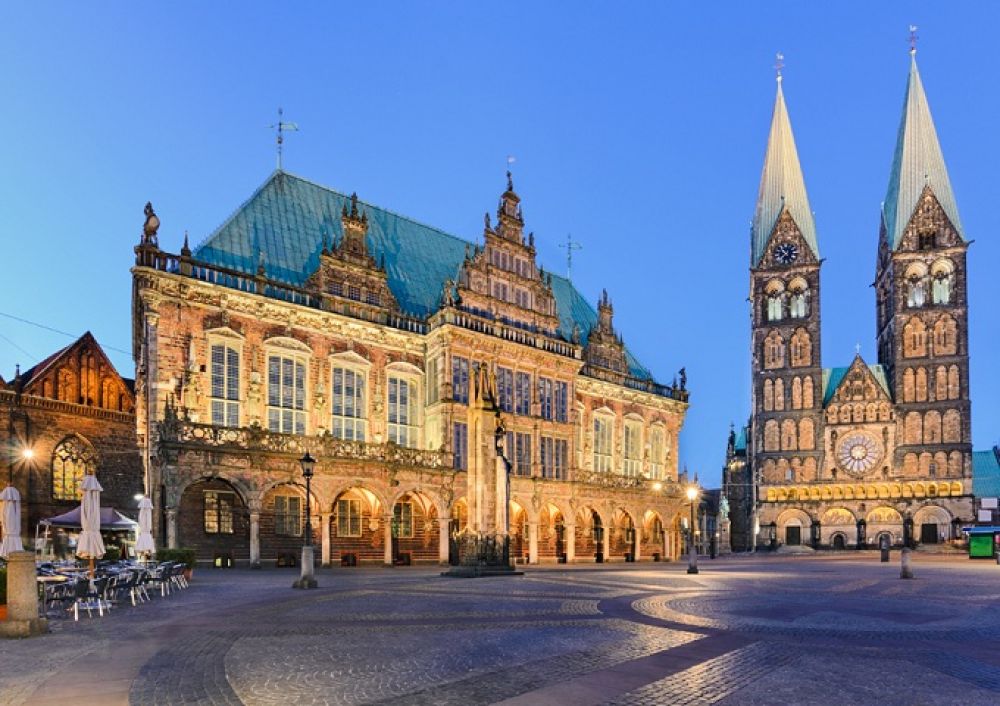

Bremen, situated in the north of Germany, has long been a magnet for visitors from around the world. Its deep historical roots, coupled with an ever-evolving cityscape, make it an endearing destination for tourists seeking a blend of tradition and modernity.
The history of Bremen as a tourist destination dates back to the Middle Ages when the city flourished as a member of the Hanseatic League. This powerful trading guild brought wealth and recognition to Bremen, laying the foundational charm the city still enjoys today. As a result, the city amassed a multitude of architectural marvels and cultural attractions, including the iconic Bremen Town Musicians statue and the historical marketplace.
With the rise of industrialization and the introduction of the railway system in the 19th century, Bremen became more accessible, ushering in a new era of tourism. The city's ports served not only as hubs of maritime commerce but also gateways for travelers curious about the allure of Northern Germany.
Following the considerable damages suffered during World War II, Bremen underwent extensive rebuilding efforts. Landmarks such as the Bremen City Hall and the Roland Statue were restored to their former splendor, once again attracting visitors interested in German history and heritage. The city's commitment to preserving its historical sites has been recognized by UNESCO, with the Town Hall and Roland on the marketplace being designated World Heritage Sites.
In recent years, Bremen has seen a shift in its tourism strategy, aiming to offer more sustainable and diversified experiences for visitors. The city has been at the forefront of implementing ecotourism practices, with numerous green spaces such as the Bürgerpark, promoting not just leisure but also environmental stewardship.
Another significant trend in Bremen's tourism sector is the rise of cultural festivals. The annual Freimarkt, one of the oldest fairs in Germany, draws vast crowds, celebrating Bremen's folklore and traditions. Additionally, the city hosts various music, film, and arts festivals throughout the year, a testament to its thriving cultural scene.
The digitalization of travel experiences has prompted Bremen to enhance its online presence through immersive websites, virtual tours, and interactive applications. These digital tools aim to attract younger demographics and tech-savvy travelers.
Looking to the future, Bremen aspires to strengthen its position as a leading destination by focusing on experiential tourism. It's not just about witnessing history, but rather engaging with it. Projects such as the renovation of the historical Schnoor quarter and the expansion of the Universum Science Center are efforts in this direction, offering hands-on activities and immersive experiences to visitors.
In sum, the history of tourism in Bremen is characterized by its ability to respect the past while dynamically moving towards the future, constantly adapting to new trends and visitor expectations. With its rich heritage and innovative spirit, Bremen remains both a timeless and timely destination for globetrotters.